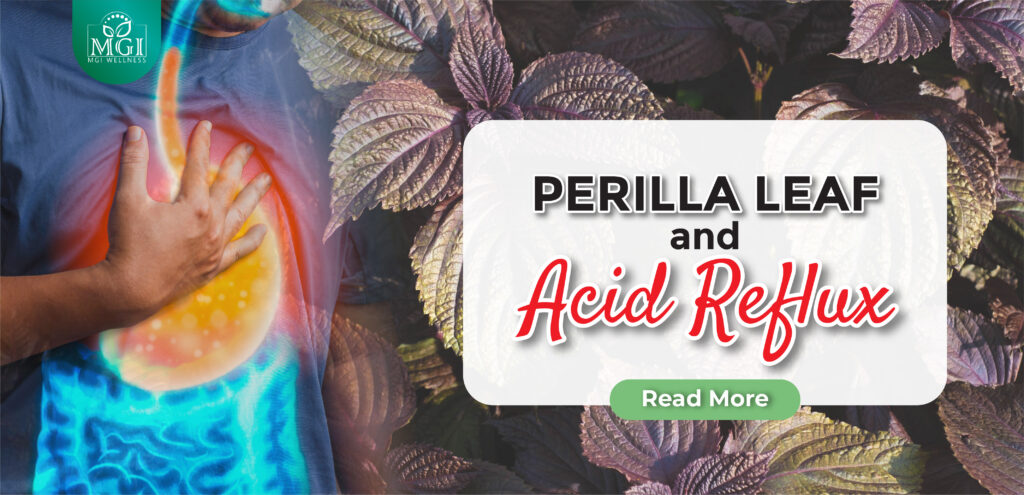What is Magnesium and what does it do? Magnesium is the eleventh most abundant element and is an important mineral, playing a role in over 300 enzymatic reactions in the human body.1 Because magnesium is required for so many functions, it is a nutrient that the body needs to function optimally and stay healthy. The
What is vitamin C and what does it do Vitamin C, also known as ascorbic acid is a water-soluble vitamin essential to the body. (1) It is an antioxidant commonly known to strengthen the immune system and may reduce the risk of infections. (2,3) Besides that, vitamin C also helps in collagen formation, wound healing,
“Eat more fiber!” You have probably heard it before. But do you really know why fiber is so good for your health? Fiber is probably best known for its ability to prevent or relieve constipation. But eating foods high in dietary fiber can do so much more than keep you regular. Dietary fiber, commonly known as fiber , is found in the whole foods
Acid reflux happens when stomach acid or its contents back flows to the esophagus, a tube connecting the mouth to the stomach. (1,2) This occurs when the valve between the esophagus and the stomach does not close properly after food has entered the stomach. (2) Prolonged acid reflux can cause Gastroesophageal Reflux Disease (GERD) with
Does eating soy cause breast cancer? This is quite a controversial and debatable question and often, it causes confusion. However, the answer is no. There is no direct link between soy intake and breast cancer. So there is no reason to avoid soy beans or soy products such as tofu and tempeh. What’s with
Menstruation, or more commonly known as period, is normal shedding of the uterus lining which occurs monthly as part of the menstrual cycle. The menstrual cycle can range from 23 to 35 days depending on individual. The first day of menstruation is counted as the start of a new menstrual cycle. Here are 8 important facts that you
If you notice some strands of hair falling after you comb your hair or clumps of it on the shower drain, do not panic; hair fall is normal as long as it is not in excessive amounts. So what is considered as normal hair fall? According to the American Academy of Dermatology (AAD), it
Menopause begins one year after a woman has her last menstruation and usually happens after the age of 45. Due to the fluctuation of the estrogen hormone, a number of physical and psychological symptoms can occur, which varies from person to person. The most common symptoms are hot flashes, night sweats, vaginal dryness, fatigue, sleep
Your age is not the only number which increases as the years goes by, number on the weighing scale also increases as you age. This is especially true for women going through menopause. It is estimated that women gain about 1–2 kgs during the perimenopausal transition between the age of 45 to 55 years old.
Dry eyes is a condition in which the eyes do not make enough tears for lubrication. Tears are important as not only it helps to keep the eyes moist, but also can help protect the eyes from infection. When the production of tears are affected, it can cause symptoms of dry eyes, and increase the
Apart from the typical menstrual cramps that is commonly experienced by women during their period, changes in bowel movement are also common throughout the monthly menstrual cycle. Bowel movement changes during menstruation can include constipation, diarrhea or more frequent bowel movements. This article will discuss more on the possible reasons that can affect bowel movements
Everyone knows that heart disease is still the number one killer in Malaysia (1). Therefore, it is important to know its risk factors, in other words, health conditions or lifestyle behaviours that can contribute to heart disease. Who is at risk? People with the below health conditions are at a higher risk of getting heart disease:
“Regular exercise is good for you”- a phrase which is commonly heard of. It is not a new finding that being physically active has shown to have many health benefits, both physically and mentally. Aside from that, could regular exercise play a part in preventing bacterial and viral infections and boosting the immune system? This













